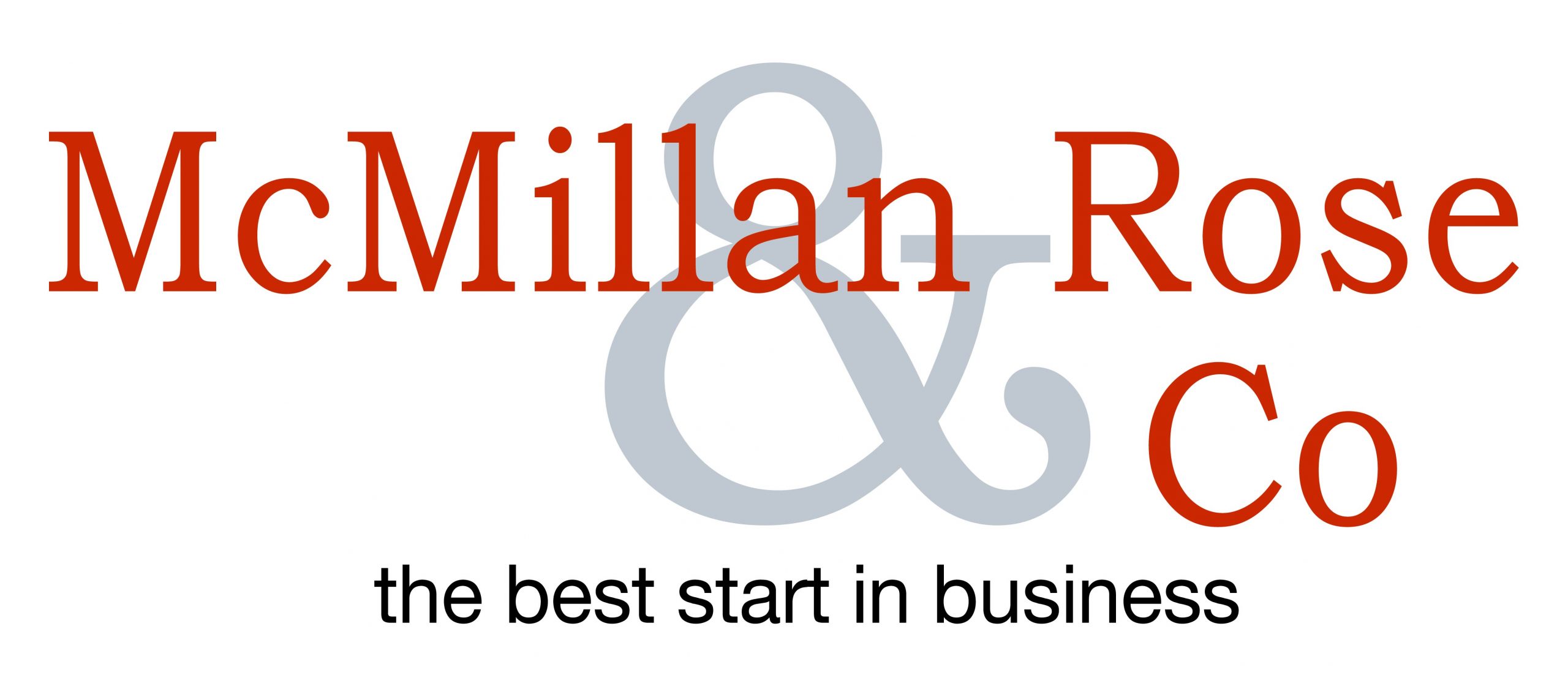Personal Income Tax
Tax rates and allowances – 2021/22 (Table A)
The main Personal Allowance increases with inflation from £12,500 to £12,570 for 2021/22, and the basic rate band increases from £37,500 to £37,700. That means that the threshold for 40% tax is now £50,270. Income Tax rates are complicated by different rates and allowances applying to different types of income (for example, salary, profits, rent, interest, dividends), so the effect of these increases are not the same for all taxpayers; someone with a salary of £50,270 will pay £68 less tax in 2021/22 than they did in 2020/21 (falling from £7,608 to £7,540). However, they will also pay £19 more in employee’s National Insurance Contributions.
Since January 2013, there has been a clawback charge on the higher earner of a couple where one claims Child Benefit and either has an income over £50,000. This has always been called the ‘High Income Child Benefit Charge’, but now it appears that it can apply to a basic rate taxpayer, because there has been no mention of a change to the £50,000 threshold.
The level of income at which the Personal Allowance is withdrawn has been £100,000 since the rule was introduced in April 2010, and inflation means that far more people are now affected. Every £2 of income over that level reduces the allowance by £1. This results in an effective marginal rate of tax of 60% in the band of income up to £125,140 in 2021/22, above which the taxpayer will have no Personal Allowance.
The Scottish Parliament has set different tax rates and thresholds for Scottish taxpayers for non-savings, non-dividend income (details in Table A). The Welsh Government has similar powers for Welsh taxpayers, but has announced that it will not currently vary the main UK rates.
Tax rates and allowances – freezing
The Chancellor announced that the Personal Allowance and the rate bands will be frozen at their 2021/22 levels until the end of 2025/26, instead of their usual inflationary increases each year. This has enabled him to keep the manifesto pledge of not increasing the tax rates themselves, but so-called ‘fiscal drag’ will increase the tax due from people whose pay increases during that period. This is one of the ways in which the Chancellor aims to recover some of the huge cost of the pandemic support payments. In 2025/26, the Government expects to collect an extra £8 billion in Income Tax as a result – to put that in context, the fourth and fifth self-employed income support grants are expected to cost £12.75 billion in 2021/22.
